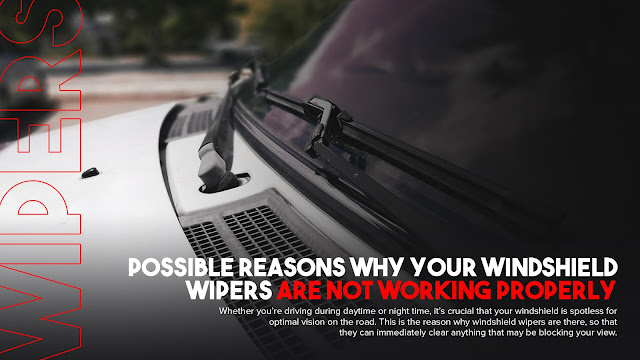Sure, owning a car is still very much of a status symbol these days as much as it was before. But if anything changed about how people viewed cars, aside from comparing how many cars each other has or who drives higher end ones, it is now seen as a need for a lot of people too.
It’s no longer considered as plain luxury that only well off people could afford and would senselessly spend money on. Nowadays, anyone would work hard to own one as well because of reasons like practicality, ease of commuting to and from work, convenience and safety reasons for the family, etc. this is especially true for those who live too far from work, places with no good transportation system, has a big family, even those who juggle a lot of things and needs to have a vehicle available at all times.
But no matter your reason for owning a car, most people only realize how important and useful it is to them once it stops working. And again, you realize how much of a pain it is to be at the mercy of friends or family who has a car or public transportation system. There are a lot of reasons why your car won’t start, but some are more common than others. Below are 5 common reasons why your car won’t start and some advice to ensure your car stays in its top shape!
1. Dead Battery
If you’ve ever been the victim of a dead car battery you know that they die at the most inconvenient of times. Whether it’s on your way to the airport, work or picking up your kids from school it is always a pain. If you have recently noticed your car not starting consistently, it could mean that your battery is close to dead. This could be due to human error, parasitic drain, your charging system is not working properly, defective alternator diode or your battery is just really old and needs to retire. Visit a car servicing center near to get it checked and fixed.
2. Alternator Gone Bad
A car alternator recharges the battery and powers certain electrical systems. If your alternator has a bad diode, your battery can drain. The bad diode can cause the circuit to charge even when the engine is shut off, and you end up in the morning with a car that won’t start.
3. Fuel System Issues
Do you always experience your car losing power when you try to accelerate? Or you’re having trouble starting your car altogether? Sounds like your fuel system is malfunctioning which is keeping your engine from drawing more fuel to accelerate. Fuel system may malfunction because of clogged injector, leaking fuel line, or gummed-up filter or kaput fuel pump. While you may be able to fix the problem yourself if you’re familiar with this and you have the proper tools, make sure you have the right diagnosis and skills before you proceed. Otherwise, it may be best to consult a professional especially if the problem is a bit more complex than usual.
4. Ignition Switch Problem
This switch is what sends energy from the battery to spark the starter and begin burning gas. If this switch goes bad, none of this process can start. This issue is typically characterized by flickering dash lights, and difficulty turning the key.
5. Faulty Starter
A broken starter is another common reason your car won’t start. A starter is an electrical motor that is connected to the battery. Its role is to set the engine in motion when you turn the ignition switch on. Once the engine starts and is in motion, the starter's job is complete. If the starter goes bad, the engine will not crank properly or may not crank at all when you turn the ignition key on. If you hear a clicking noise when you try to start your vehicle, a broken or weakened starter could be the reason why your car isn't starting. This is very similar to the bad ignition switch example listed before.


